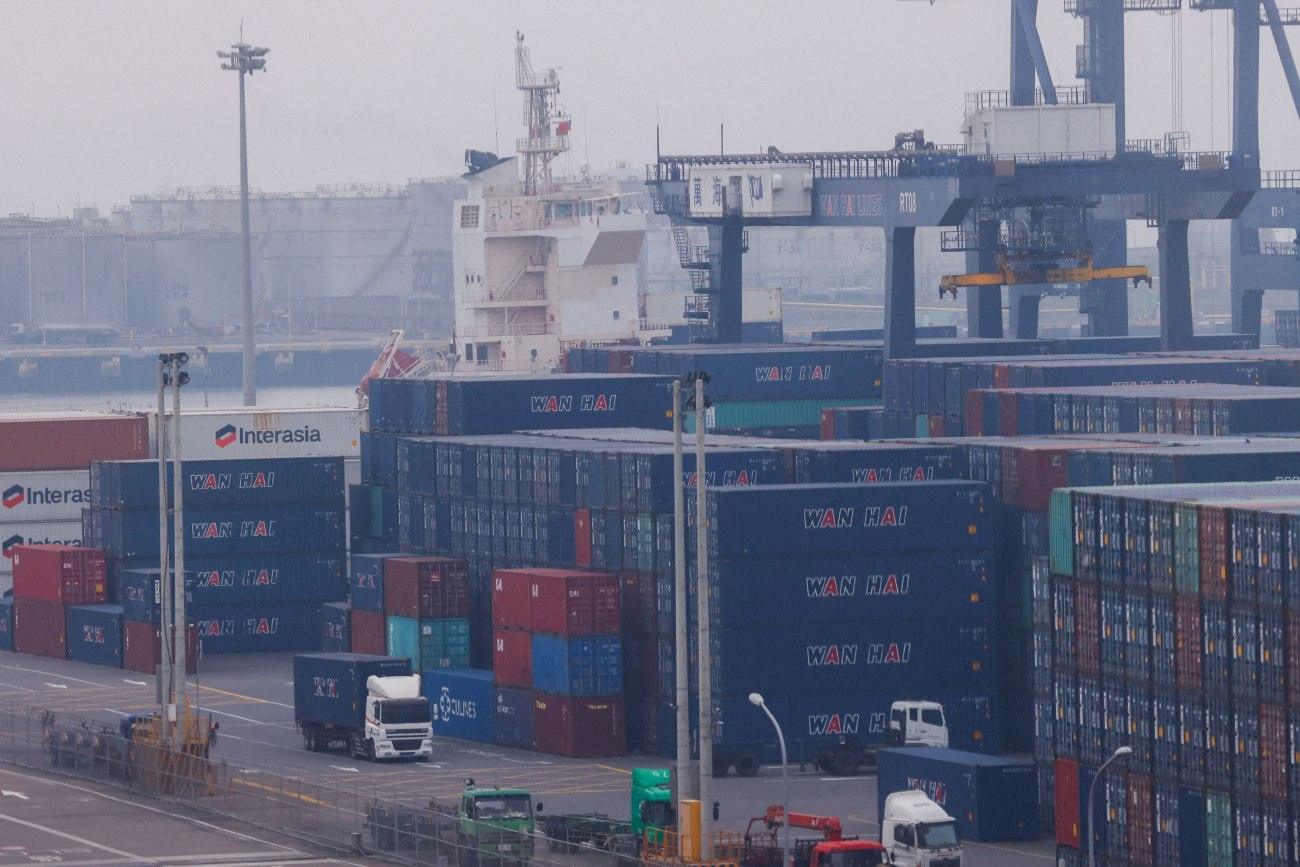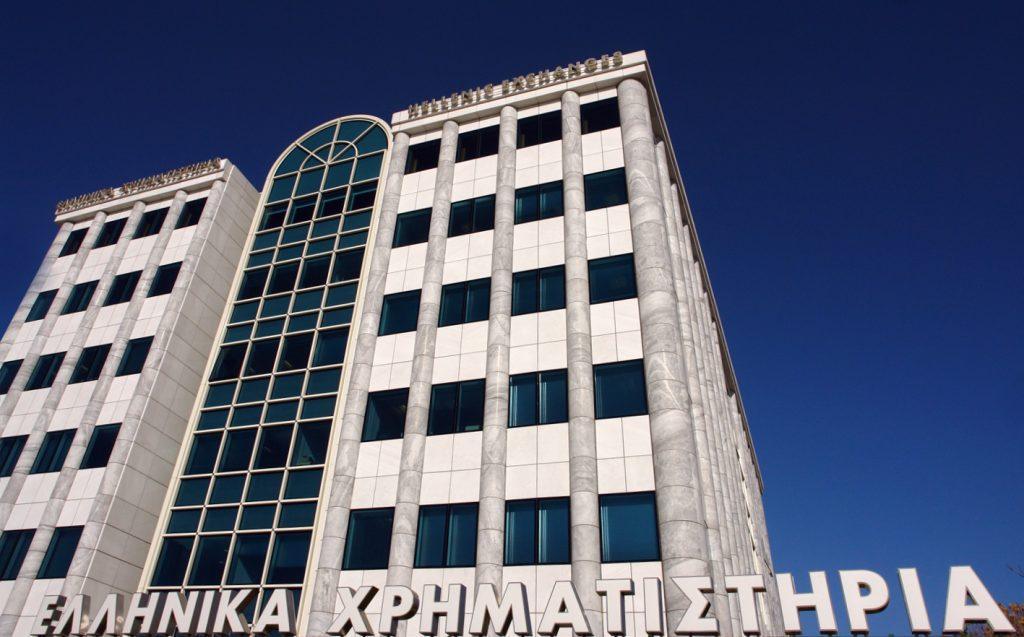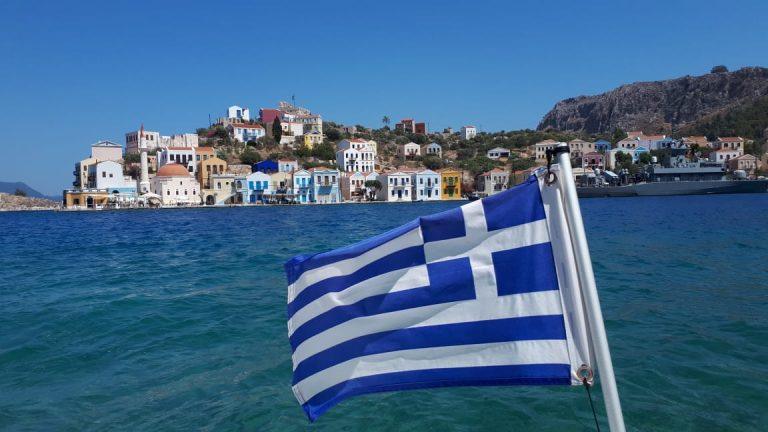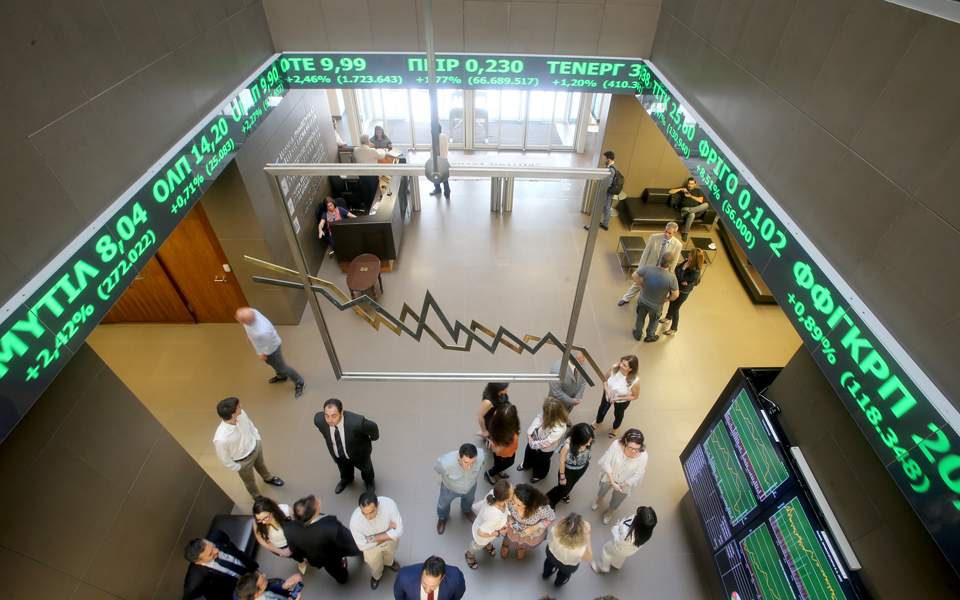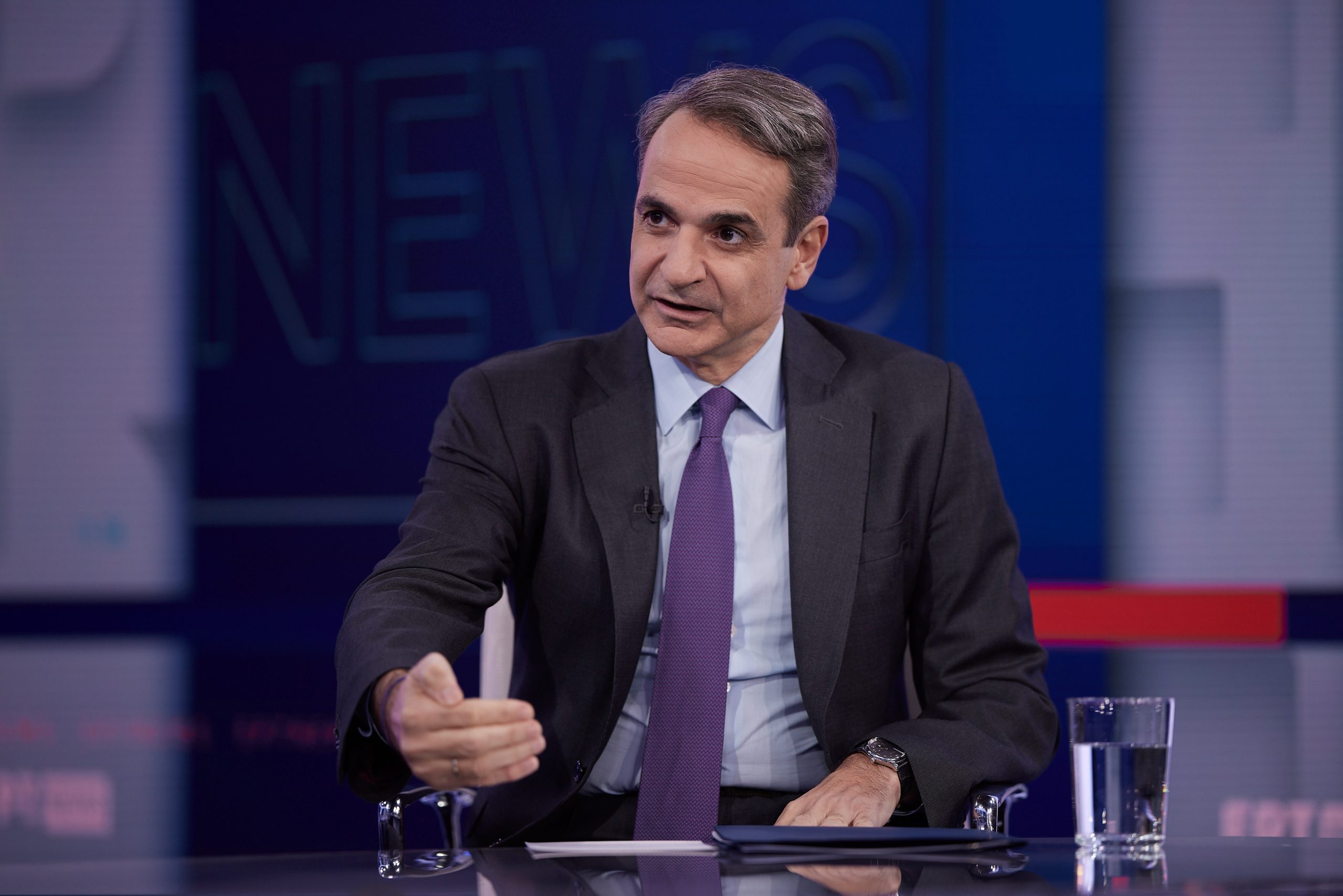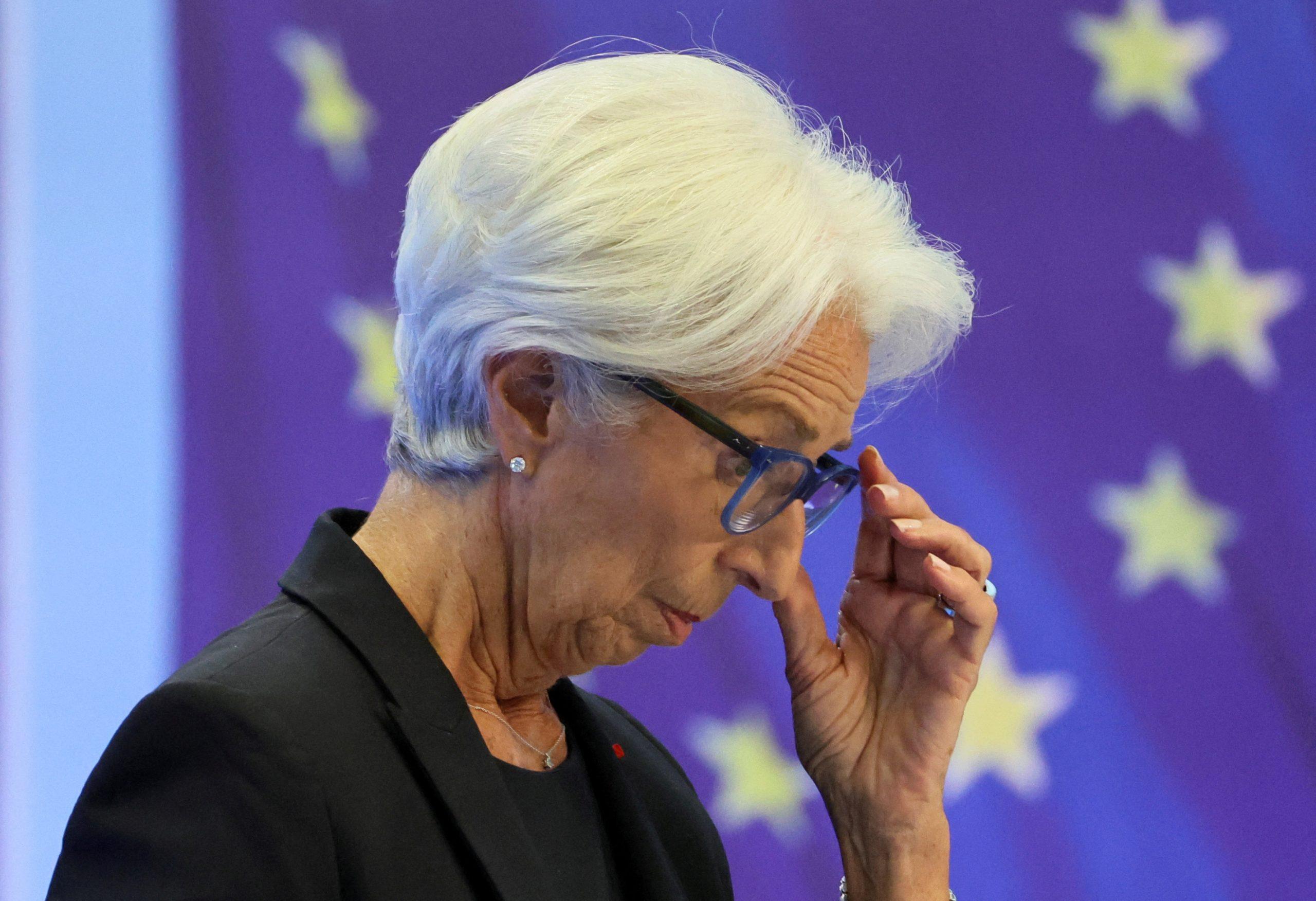The national elections in Greece are being monitored by international fin firms, which seek to “gauge” the developments. It is now one of the key factors determining the investment strategy at least for the first half of 2023. Both Citigroup and Moody’s are assessing the conditions that have been created.
The most critical factor that will determine an upgrade or even a downgrade of Greece’s credit rating in the next period, is the result of the parliamentary elections, according to a new analysis by Moody’s.
Regardless of a possible coalition government that may emerge in the next election, the continuation of pro-growth economic policies and reforms, which would lead to better-than-forecast macroeconomic and fiscal performance, is the key factor that could lead to an upgrade Greece. Further improvement in the banking sector will also positively affect the credit rating, according to the house’s analysts.
A period of uncertainty
On the other hand, a prolonged period of political uncertainty that would lead to a change from the policy path of recent years, weighing on the business climate and foreign direct investment, would be the main reason for a downgrade. Moody’s will focus on a possible slowdown in the course of reforms in areas such as Justice, education, the business climate and the labor market.
Among the risks, analysts also point to a deeper-than-forecast recession in the Eurozone, with more significant impacts on the Greek economy and public finances.
The forecasts for growth and Citigroup
Thus far, Moody’s rates Greece at Ba3, with a stable outlook. As its analysts point out, the country’s credit profile is supported by the good track record of achieving fiscal targets in recent years, by the strong support from European creditors as well as by the acceleration of reform momentum after 2019, which has led to a visible improvement in institutions, governance and the banking sector.
Moody’s forecasts growth of 5.2% in 2022, slowing to 1% in 2023 and 1.7% in 2024. Inflation is expected at 9.4% this year, 2.5% in 2023 and 1 .7% for 2024.
At the same time, Citigroup says the political backdrop ahead of elections in countries such as Finland, Spain and Greece is expected to play a role in the market for domestic government bonds. Although for the Spanish titles he considers the elections to be a positive factor and for the Finnish titles neutral, for Greece he emphasizes that the elections are a negative factor.
Investment grade risk
According to the bank, New Democracy won a slim majority in the last election thanks to the 50-seat bonus. However, as the electoral law has changed and the bonus is not available, and despite the fact that the N.D. may emerge as the largest party, overall the election may result in a fragmented parliament. This could slow the progress of reforms, jeopardizing Greece’s upgrade to investment grade and thus putting pressure on Greek bonds.
In fact, Citi emphasizes that as far as the eurozone region is concerned, it is the most bearish towards Greece. And one of the reasons is the elections which, as mentioned above, may delay the recovery of the investment grade, which is expected to work in favor of the Italian bonds which no longer involve political risk, at least as the course of the new government shows.
The three dangers
Citi also sees three other reasons for its negative attitude towards Greece, the following:
First of all, it refers to the risk of increased liquidity as investors become more selective amid the end of cheap money globally.
He also notes that Greece could suffer one of the biggest slowdowns in growth in 2023 compared to 2022 based on the Commission’s forecasts.
Finally, he points out that issuers with high debt/GDP may face disproportionately greater expansion.
However, as Citi notes, these downside risks may be partially offset by Greece’s larger intra-eurozone debt-to-GDP reduction.




